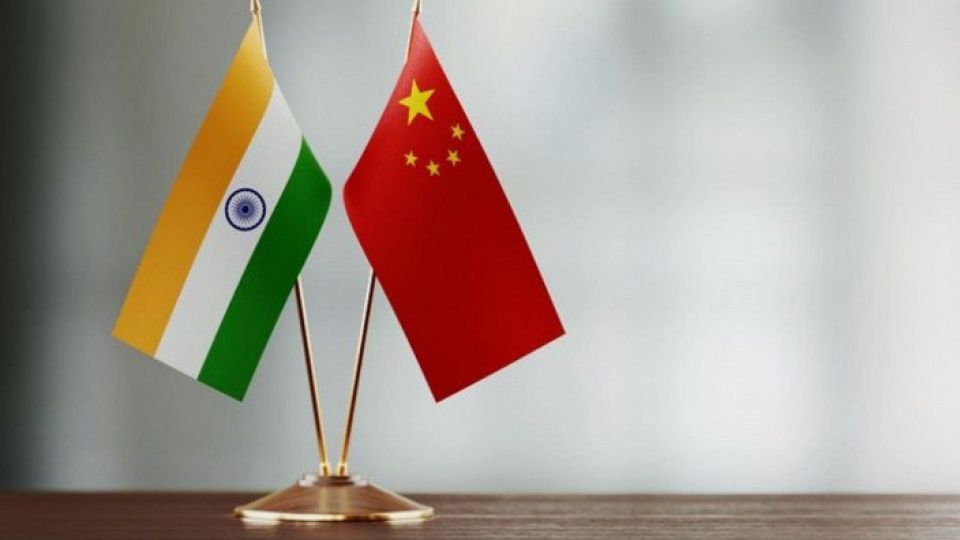November 20, 2024
DHAKA – Foreign Ministers of India and China today deliberated on the next steps, including resumption of data-sharing on trans-border rivers, to further normalise bilateral ties in the first high-level engagement since the militaries of the two countries disengaged from Demchok and Depsang along their unresolved border in eastern Ladakh.
S Jaishankar met with and his Chinese counterpart Wang Xi leading their respective delegations at the talks on the sidelines of the G20 Summit in Rio de Janeiro, Brazil, on Monday, the Indian External Affairs Ministry said in a statement today.
The two ministers “recognised that the disengagement in our border areas had contributed to the maintenance of peace and tranquility. The discussions focused on the next steps in India-China relations. It was agreed that a meeting of the Special Representatives and of the Foreign Secretary-Vice Minister mechanism will take place soon,” according to the statement.
Among the steps discussed were the resumption of data sharing on trans-border rivers, direct flights between India and China, media exchanges and the Kailash Mansarovar Yatra pilgrimage, said the statement.
Jaishankar and Xi felt that it was imperative that the focus should be on stabilising ties, managing differences and taking the next steps, it added.
The two countries had decided to revive various dialogue mechanisms including the Special Representatives talks on the boundary question as decided at a meeting between Indian Prime Minister Narendra Modi and Chinese President Xi Jinping in the Russian city of Kazan last month in what was their first in-person meeting in five years.
On the global situation and international issues, Jaishankar noted that India and China have both differences and convergences.
“We have worked constructively in the BRICS and the SCO framework. Our cooperation in the G20 has also been evident,” he added.
The Indian minister said, “We are strongly committed to a multipolar world, including a multipolar Asia. Where India is concerned, its foreign policy has been principled and consistent, marked by independent thought and action. We are against unilateral approaches to establish dominance. India does not view its relationships through the prism of other nations.”
Wang “concurred” with Jaishankar that “India-China relations have particular salience in world politics.”
In a post on X, the Indian external affairs minister said both sides noted the progress in the recent disengagement of the border areas.
Days after the two sides reached an agreement on October 21 on disengagement in Demchok and Depsang, Indian and Chinese militaries completed the process marking a virtual end to over four-year standoff in the two friction points.
The two sides also resumed patrolling activities in these areas after a gap of almost four-and-a-half years.


